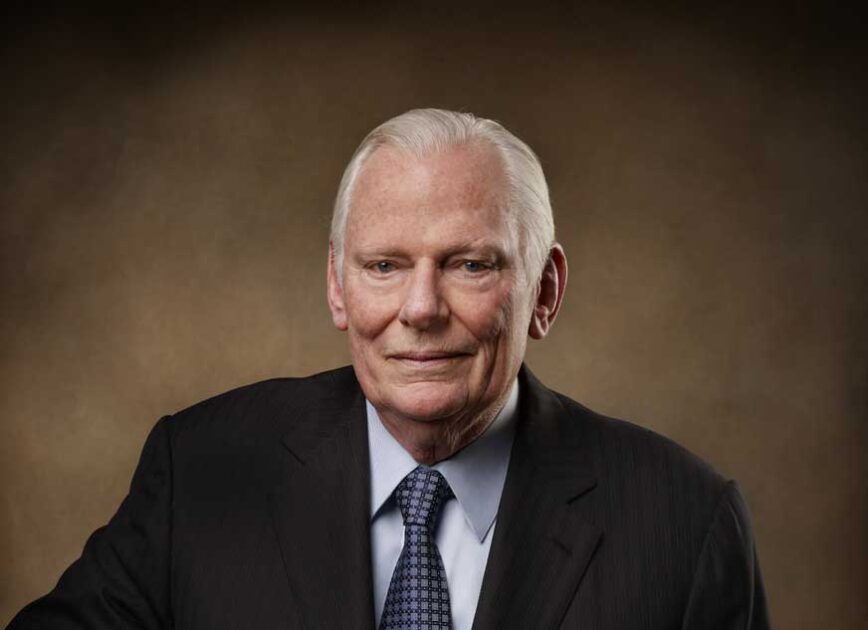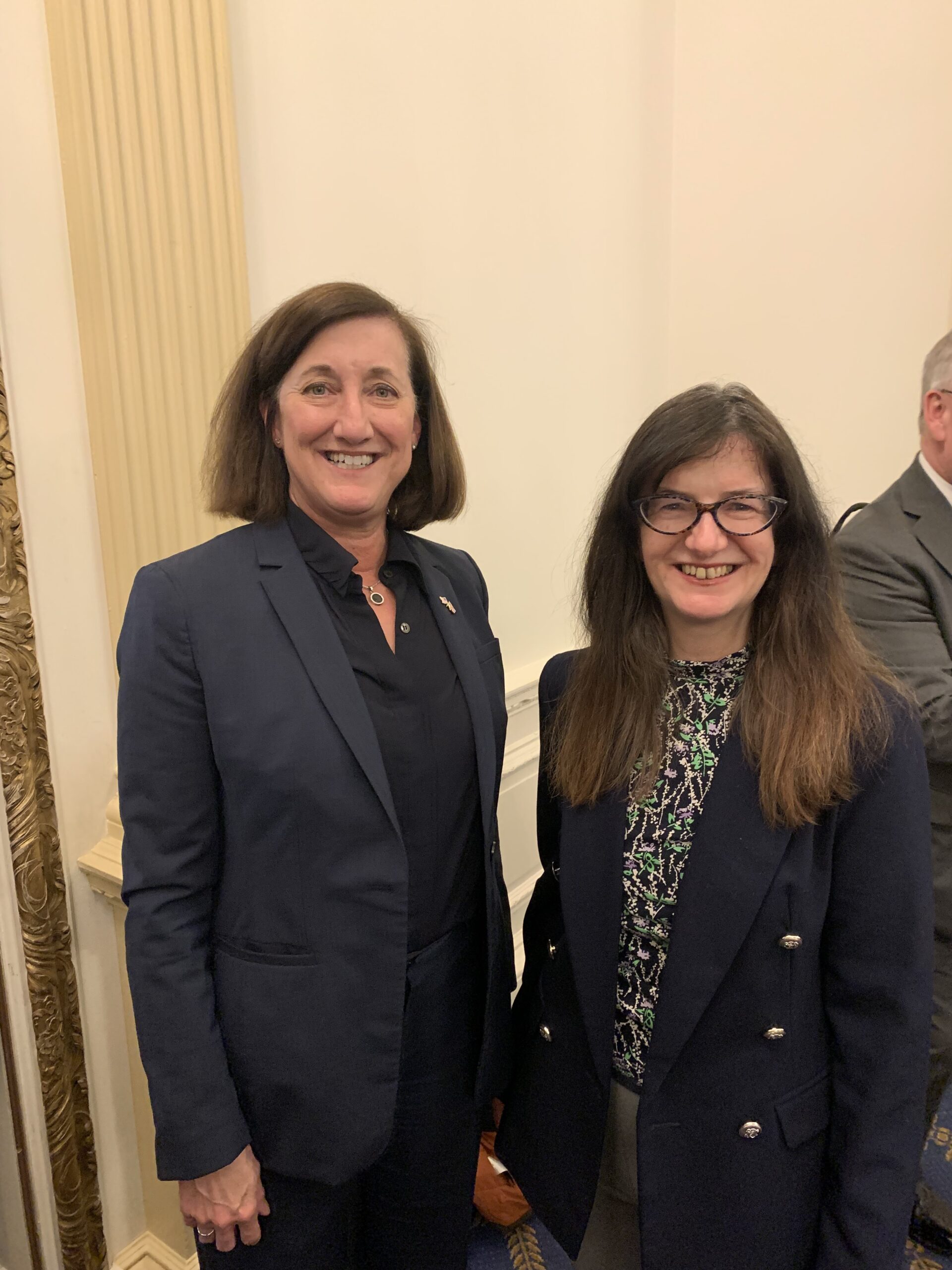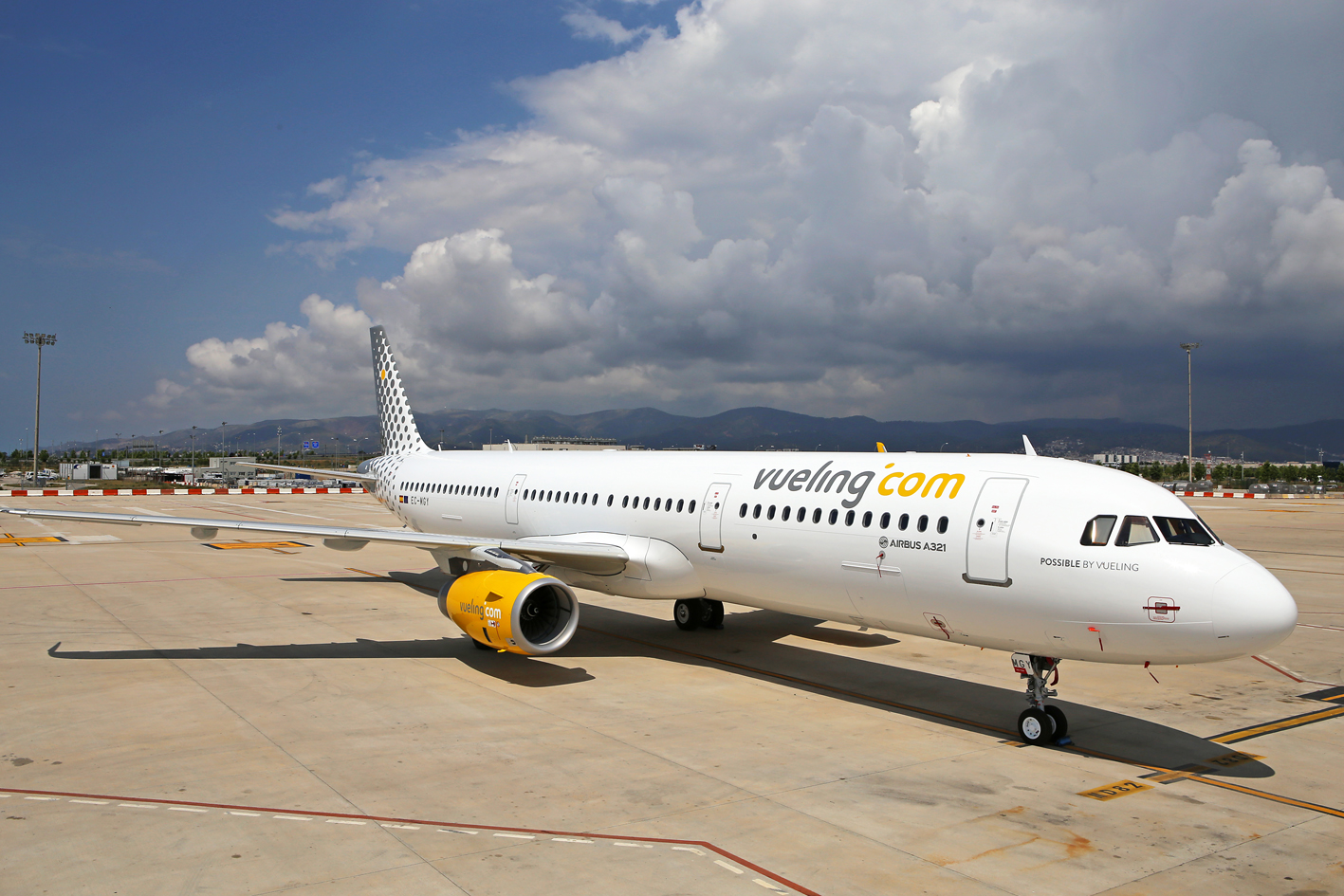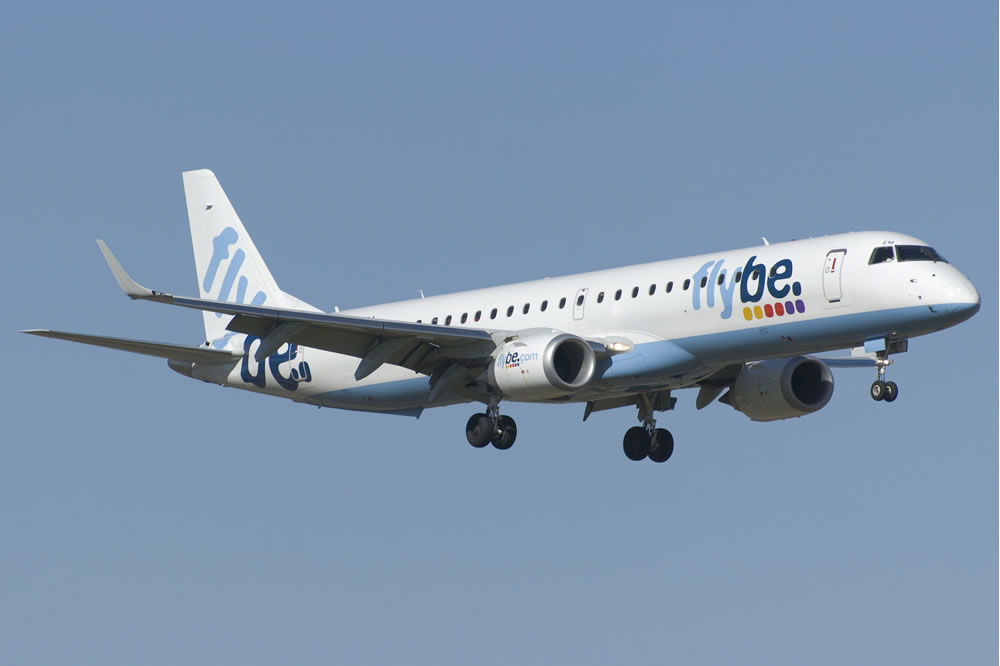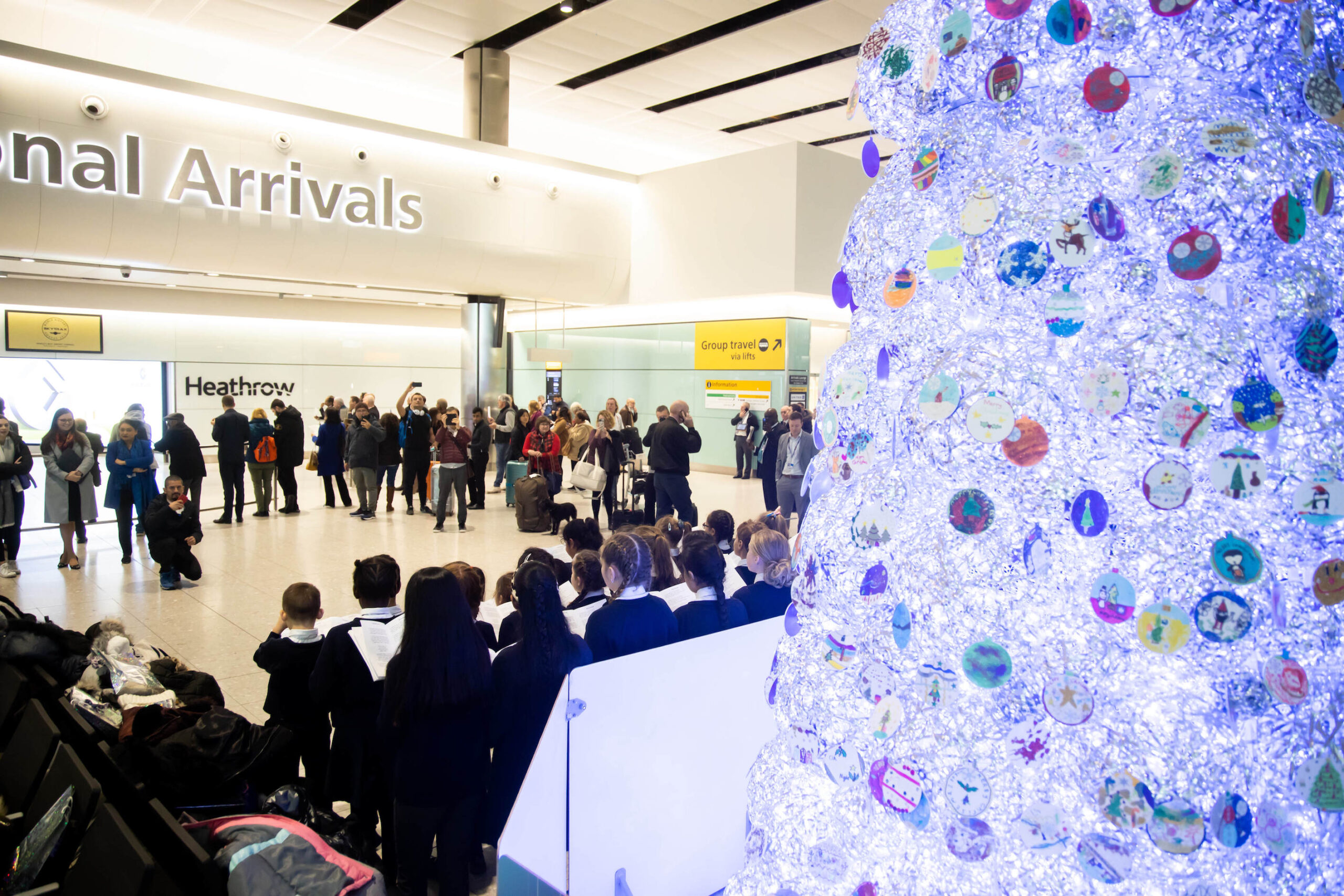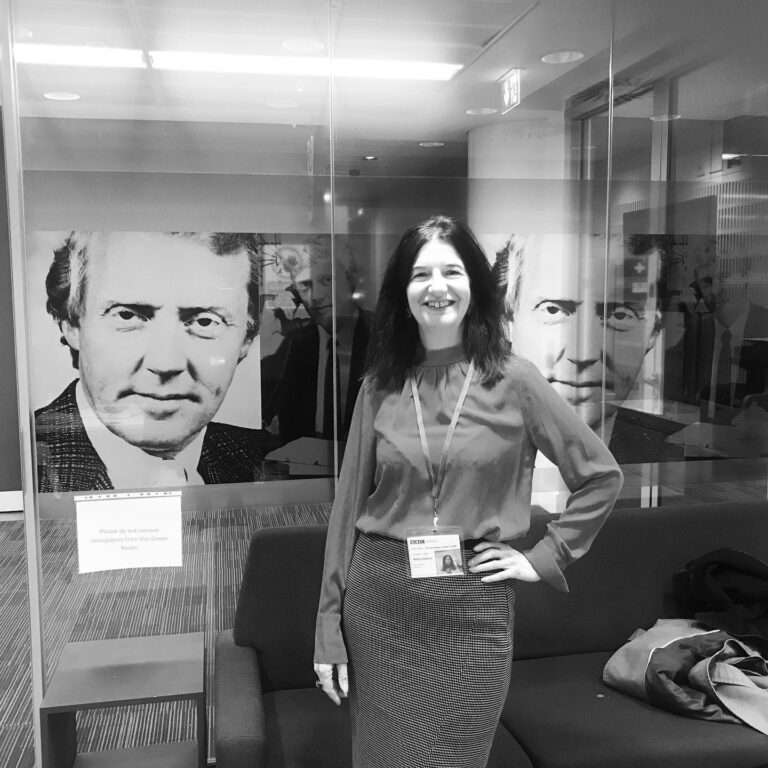As we start the New Year many mourn the loss of the granddaddy of low cost carriers Herb Kelleher. Or rather ‘chairman emeritus’ of SouthWest Airlines in the United States.
Kelleher co-founded and led SouthWest Airlines, which set the narrative for the airline industry in subsequent decades.
He is credited with deregulation and the birth of the age of cheap travel, enabling millions more Americans to travel. Let alone millions more outside America, once the business model for SWA was copied ad infinitum around the globe.
But in the aftermath of his death, people became very emotional, as if he were a member of their family or some spiritual saviour. One twitter user even thanked Kelleher for making ‘this world a better place’.
But is his legacy as unequivocally beneficial as some claim?
Air travel is defined today by Low Cost Carriers. They may have started out as rivals to flag carriers and legacy carriers, but they now dominate the market. In Europe, Ryanair is in the top two of airlines (pipped to the post last year by the Lufthansa Group) with 130M passengers carried. Europe is now populated by low fare and fledgling airlines, not to mention the emergence of LCC’s in other markets, such as Asia and India.
But does this make this world a better place?
Last summer was a living nightmare for many Ryanair passengers, hit by the industrial action of Ryanair pilots and cabin crews, who had fought long and hard for their rights from Ryanair management. This is against the backdrop of its president Michael O’Leary earning over ¢1M a year with ¢125M in shares (according to The Independent). Granted, O’Leary waived an additional ¢1M in annual bonus as a conciliatory gesture over the industrial action. But did he ever apologise to those unions? Not to my recall, and yet the industrial action was a long time coming, and borne out of frustration by the pilots and crews. They felt badly treated, humiliated even by Ryanair management.
From a passenger perspective the fares of LCC’s seem a lot lower than their legacy counterparts. But when you break it down, are those fares so low after all? No, not really. Not when you factor in all the other fees and charges that pop up (literally) once you check all those boxes during the payment process for a ticket.
The truth is, that so-called Low Cost Carriers really aren’t. There’s no such thing as a free lunch – and the same is true of an air ticket. No airline can afford to give away free air travel, no matter how many passengers it flies. (Unless of course it’s subsidised – and that’s another story) Every passenger pays for the cost of that travel, one way or another. ‘Extras’ like bags creep in, a booking fee, a snack onboard… these so-called ‘amenities’ soon add up. And before you know it you are paying the same or similar price to a larger full service carrier. And worse, you have wasted hours of your time, factoring in all these peripheral fees/costs, to try and get a good deal. I myself have wasted many hours doing that, only to discover that the deal just wasn’t so great after all. And cancellation policies are so onerous, forget it. You may as well write off the money you paid if there are any glitches. Such as drone risks or strikes of one sort or another.
I’m often asked by the broadcast media when I go live on air, what the impacts of airline disruption are on passengers. What are their rights, can they get their money back? Sure, on paper they can and must. But in reality, they do not always. The same effort in research and booking your flight deal goes into reverse, as you are forced to fill in forms and pester the airline to get a refund. And not just on the day of travel, for days, weeks maybe even months later. Social media like twitter can help in that dialogue – but it can also frustrate.
Airlines use social media as a branding tool but it’s not always a two way street. Some airlines are more responsible than others in immediately addressing a crisis which hits their passengers and they use social media to resolve issues. But other airlines don’t, and social media is for them one-way traffic. And not necessarily your way.
But you may argue, LCC’s create healthy competition and have forced the legacies to scale back their excesses.
Yes it is always good to have competition, but legacies have been under pressure too. Once the LCC’s undercut their profits, they were forced to respond.
And their response is to follow suit. Legacy carriers are now mimicking their rivals, the LCC’s. The biggest mistake legacy carriers have made in the last ten years, is to unbundle their products, and downgrade the cabin experience by forcing passengers to pay for extra snacks and beverages onboard. That put them in the same game as the LCC’s – now they don’t look as shiny and enticing as their LCC counterparts – they look the same. And if they look the same, they won’t have a unique selling point – so their last chance is to differentiate and foster brand loyalty. And that ain’t easy.
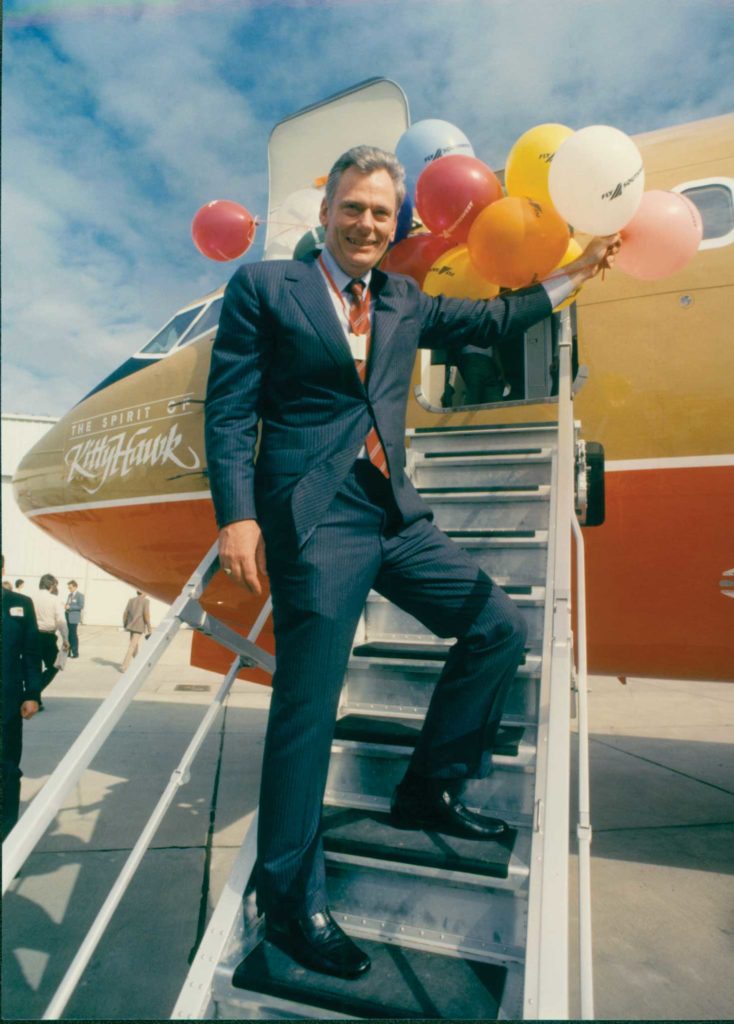
I’ve attended numerous seminars by airlines recounting the tortuous and gargantuan strategy or programme to reinvent themselves through different cabins/seating/ticket prices/onboard experience/lounges you name it. It’s hard-going, takes months if not years of planning as these airlines often start out with a lot of heavy baggage to get rid of – legacy ageing aircraft, large staffing resources requiring retraining to new aircraft and systems – the list goes on. Passengers really have very little idea as to the huge detail and data that goes into delivering a world class passenger experience whilst maintaining an efficient domestic or international airline.
So whilst I applaud the late Mr. Kelleher for invigorating the industry and enabling cheaper travel in general, I mourn the loss of the exuberance and joy of air travel, when you didn’t have to buy all your food pre-flight, when the allowance included a bag in the hold as a given, and you weren’t squished into high density economy class cabins with little seat pitch. And no I am not talking business class – that was standard in economy/coach. Travelling by air was something to be relished and anticipated.
In his eulogy to Kelleher, current SWA CEO Gary Kelly said that Kelleher ‘kept us laughing all the way’.
Maybe Kelleher had the last laugh. For the airline industry has never been more cut-throat than it is today. Legacies or Full Service Carriers (FSC’s) have morphed into LCC’s and now LCC’s are returning the compliment by going full service and legacy back. easyJet is now known as much for its business passengers as its leisure. The onboard experience is much the same as on a FSC. Airlines may have started out as LCCs or FSCs but they are all starting to look like one another even if they emphasise differentiation. It’s a very confusing choice as a passenger.
But one thing all airlines have in common, whatever fee they charge and however new the aircraft is – their function is to get us from A to B. Somehow that basic remit has got confused in an increasingly overcrowded market.
From fighting legacies Herb has created one – his own.
